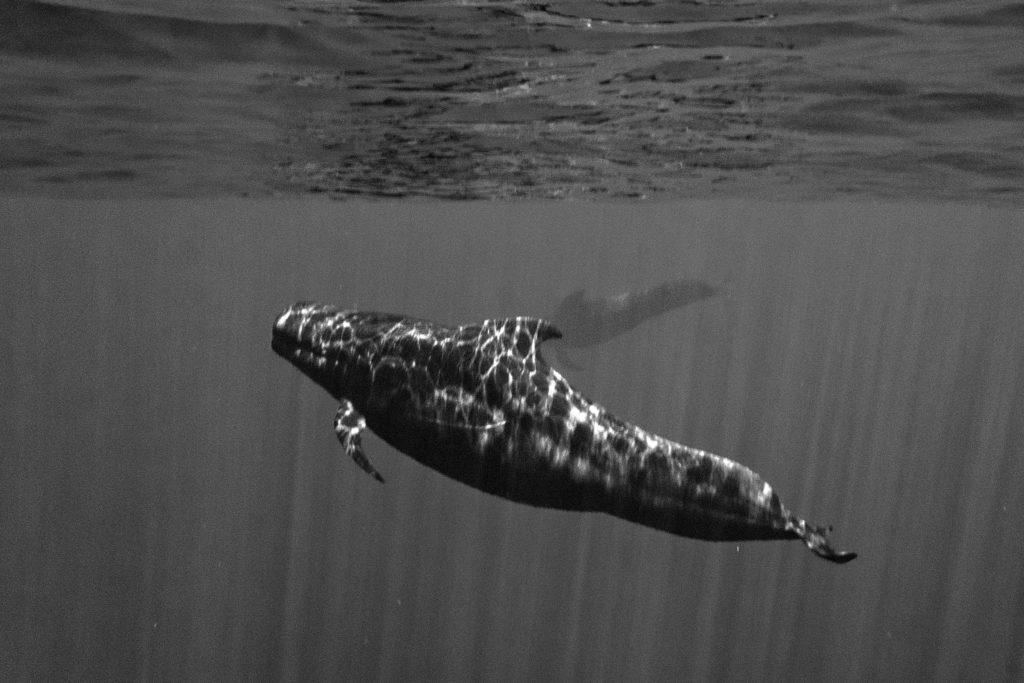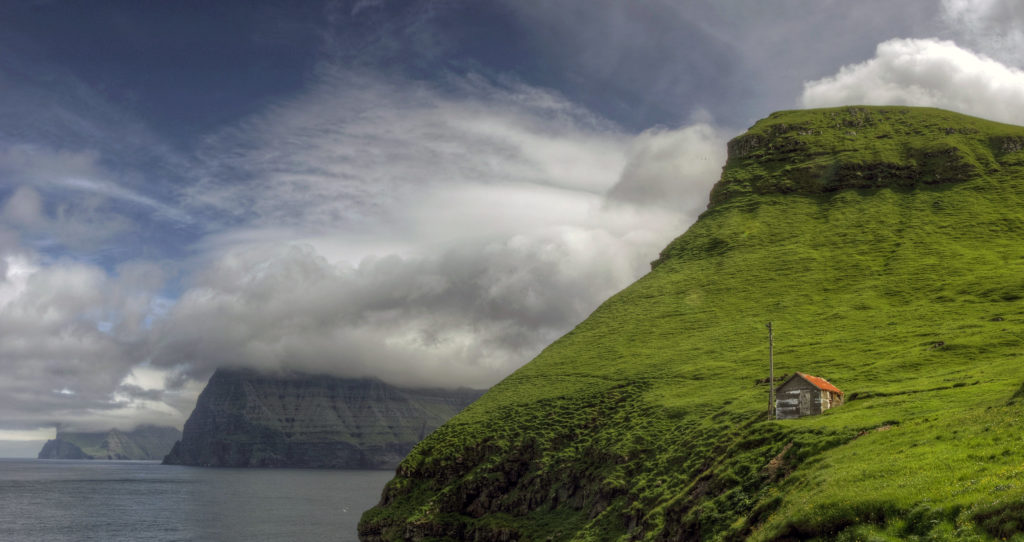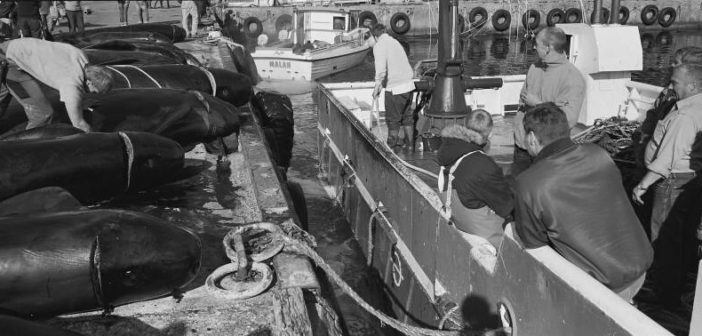The Faroe Islands’ tradition of killing whales has received increased condemnation in recent years, as images of the hunts have circulated on social media. Images posted online, showing people standing in a sea stained red by the blood of dead whales, have caused particular outcry.
According to many of the inhabitants of the Faroe Islands, whale killing is not a bloodsport, but rather a long-standing tradition that provides the islanders with much needed food. The Faroe Islands’ climate and geography is such that farming other potential sources of food is rather difficult. Therefore, whale meat has come to form a large part of the average Faroe Islander’s diet for the past few millenia.
What is whale killing?
When a pod of pilot whales is seen off the coast of one of the islands, a group of locals will sail out to sea. They are then tasked with driving the whales towards the shore, until they are beached on the sand. At this point, villagers on the beach use special tools to kill the whales en-masse.
This tradition, called grindadráp, is referred to locally as the grind. Once the whales have been almost beached, a special hook is inserted into their blowhole and used to pull the whales fully onto the beach. A blade is then used to cut the spinal cord. This is a local tradition that’s thousands of years old. With that being said, this reasoning does not exempt this practice from scrutiny and controversy from both locals and animal protection organizations.

Pilot whales are needlessly and cruelly killed in the Faroe Islands hunt. Image credit Christopher Michel, CC BY-SA 2.0.
Is it regulated?
The hunts are regulated by national laws and authorities plan them carefully, in an apparent effort to ensure that hunts are conducted in as humane a way as possible. Permission cards are issued to those who have undertaken training to take part in the grind.
Authorities claim that the hunts are sustainable. According to officials, around 100,000 pilot whales can be found off the shores of the Faroe Islands, but only 800 pilot whales are killed annually during the hunts. The islands’ Fisheries Minister has also claimed that the practice is a better alternative to importing other meats. Despite this regulation, the practice still seems unnecessarily cruel, causing a great deal of suffering and taking a long time to complete.
A part of the culture
One of the arguments for continuing with the hunts, despite much international condemnation, is the argument that this practice is a Faroe Islands tradition. It has been carried out for many years and whale meat dishes form a major part of Faroese cuisine.
Given the difficulty in growing crops in the Faroe Islands, which are situated in the North Atlantic, much of their food has to be imported from other countries. For many of the 50,000 Faroese living on one of the 18 tiny islands, the meat and blubber from the pilot whales provides a food source that will help to feed them throughout the winter months. This argument still does not truly justify killing the whales though – the practice is unnecessarily cruel and the nutrition of the meat is so polluted as to even be poisonous. Therefore the Faroe Islanders will certainly urgently need to find viable, low-cost alternative sources of nutritious food that can be produced locally in such a difficult landscape.

The Faroe Islands are a difficult place to grow food. Image credit mariusz kluzniak, CC BY-SA 2.0.
A tradition coming to an end
Studies have shown that whale meat can contain dangerously high levels of mercury. In 2008, a public health recommendation was issued, urging the people of the Faroe Islands to reduce their whale meat consumption, or stop it altogether. This advice was particularly recommended to pregnant women or those planning to have children. This type of contamination is common throughout the ocean and is present in many fish and even seaweed. But in larger species like whales, the risk of long-term negative effects after ingestion steeply increases.
Additionally, high levels of persistent organic pollutants, also known as POPs, released into the environment by polluting industries, also end up in the whale meat. These can prove highly toxic when eaten. The high levels of mercury and POPs can even impair cognitive function and increase the risk of Parkinson’s disease. Studies suggest that many locals, especially women, are adhering to the advice to reduce whale meat consumption.
There has also been an increase in global condemnation of the practice, with petitions against whale killing being organized by groups such as Blue Planet Society. Whilst the practice may seem normal to locals, for many outsiders the gruesome images of the hunts are highly shocking. Between the health implications posed by eating whale meat and the growing pressure from activist groups and the international community, it may be that the Faroese tradition of whale hunting eventually becomes a practice of the past.
Featured image: Dead whales lined up on the pier after the hunt in the Faroe Islands. Image credit gregoniemeyer, CC BY-SA 2.0





